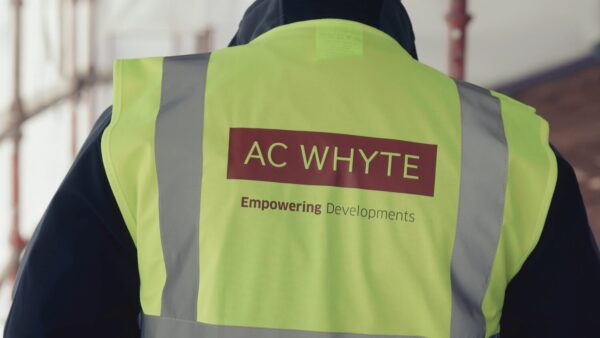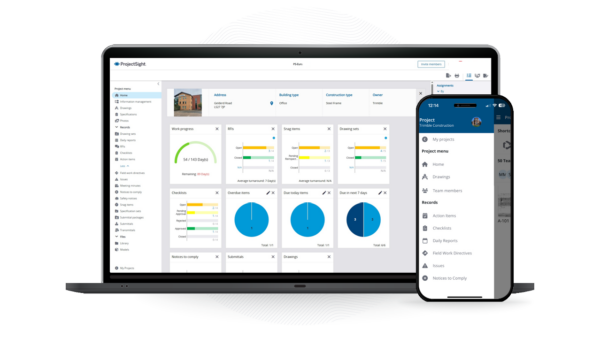
Public sector clients must up their digital game in order to help themselves and their supply chain to meet the country’s infrastructure needs. That was the key message from National Infrastructure and Service Transformation Authority (NISTA) at the nima virtual conference staged on 6 November.
NISTA construction director and infrastructure practice lead Dr David Hancock MBA gave the opening keynote address at the event. He highlighted the role of MMC and industrialised construction – and how they need quality data. “Platform construction is going to require more data. We’re going to need data on the type of materials, the data on the products, and to be able to use things like just-in-time – in manufacturing, data is part and parcel of the way they manufacture,” he said.
“Information management being standardised and harmonised is what we need in order for us to be able to use [MMC and industrialisation] across so many projects. It will require changes for us as clients: we will have to procure in the long-term [with] rolling programmes in order for people to invest in factories – they will need to know that they’ve got continuation of work over a period of time. If we want to increase the adoption of MMC, we need to get better at digital.”
Spatial tool’s thirst for data
Hancock also gave an update on the spatial planning tool, an example of how it will work and reinforced the importance of quality data to enable informed decisions. Ultimately the tool should strengthen the local evidence base for place-oriented infrastructure decisions. “We are trying to get good quality data. One of the issues we’re finding is that not all of the data in the construction industry is of good quality, and [doesn’t enable us] to make decisions on where we might put things like housing, energy and major infrastructure,” Hancock said.
“To give an example: data centres require an awful lot of electricity and they require an awful lot of water. [With] a map of an area in Cambridge that we’ve done on spatial planning tool, there are areas where we shouldn’t be putting a data centre because there is insufficient electrical capacity or insufficient water, and in some cases, both. [The tool] will allow us to position those [infrastructure assets] where we can take maximum use of our existing assets.”
Another clear impediment to the industry’s ability to meet infrastructure targets is the on-going skills crisis. Hancock noted that the next iteration of the infrastructure pipeline tool will focus on skills and workforce requirements. He added: “We believe that probably the bottleneck to us delivering on the government’s ambitions is likely to be resources.”
Help nima to help you
Malcolm Taylor, expert advisor to Crossrail, called on the audience to help nima to help themselves deliver the country’s needs. In his closing address, he said: “Nima exists to champion information and has been asked to develop the [Information Management Initiative] to make it real, to push it forward. Nima creates platforms and channels that facilitate connections and sharing as a community. It provides free, practical guidance. I use the stuff every day in the work I do, and I see the need for an organisation like nima to promote these best practices, to provide free guidance and enhance information management.
“But they can’t do it alone: they need your support. I’m asking you to become a member of nima yourself and to take the conversation back to your organisations and explore patron membership with your boards. You can make a difference in your own organisation. Use nima to help you with that message that the Information Management Initiative is not just a compliance burden: it’s going to give you and your organisation real competitive advantage when you do it right.”
Nima chair Dr Anne Kemp OBE reiterated Taylor’s call to action: “Get involved with the initiative. Whether [you’re] a client, a tier one consultancy or contractor, right down to the trades and the SMEs and the micros – we are in this together. [Data and information management] is a problem we need to solve together.
“Join nima and let’s get better overall, so that we get better outcomes for society, for the environment, for business, for nature and for people.”















